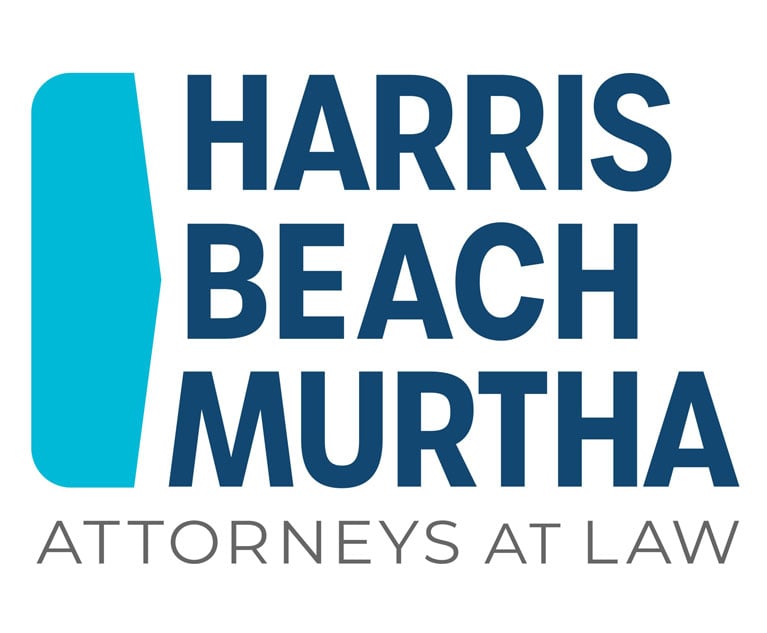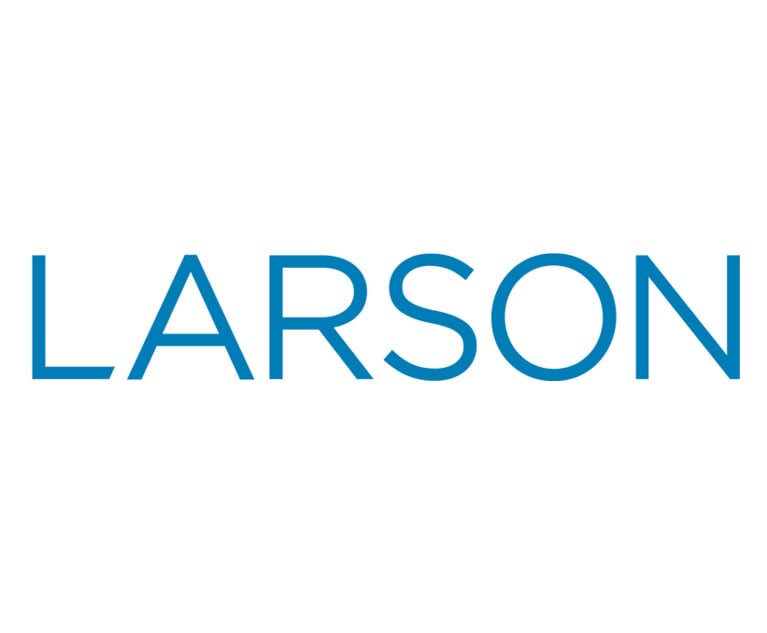 Sandra Goldstein
Sandra Goldstein Distinguished Leader: Sandra Goldstein
Senior Litigation Partner at Kirkland & Ellis
October 23, 2020 at 10:16 AM
4 minute read
What are some of your proudest recent achievements?
The most memorable cases are the most challenging ones, where hard work and creative thinking result in an important win for the client that also changes the legal landscape, particularly when the market perception is that it can't be done. The City of Livonia matter was a memorable recent case. We won a precedent‑setting PSLRA discovery stay for Pitney Bowes and its directors in securities litigation in state court—the first time a defense firm has succeeded in doing so over a plaintiff's objection in more than two decades. After the Supreme Court's Cyan decision, which held that certain federal securities claims may be brought in state court, many commentators believed, and several courts held, that the PSLRA stay of discovery in federal court does not apply in state court because the stay is supposedly procedural. We refused to concede, as defense firms had for years, that that was the pivotal issue, arguing instead that the broad and clear congressional language—which is supreme under the Constitution, even in state court—required a finding that the discovery stay applied in state court, regardless of whether it is procedural or substantive. So many others had skipped this point. We subsequently won case dismissal. It was great to successfully argue both the motion to stay and motion to dismiss before the Connecticut Superior Court. Writing strong, targeted, persuasive briefs and presenting clear oral argument, for an audience unfamiliar with the securities laws were the keys here.
In another rewarding case, I successfully argued and won dismissal for First Citizens BancShares of merger litigation clearing the way for Delaware companies to enact forum-selection bylaws in conjunction with deals, even in anticipation of litigation – an issue of first impression. This decision, which was later codified by the state legislature, has changed the way parties draft merger agreements, and led to a reduction in multi-jurisdictional litigation.
Name a lawyer or mentor whose leadership inspired you.
My mother. She was a trial lawyer for 22 years before being named a judge—first, a Civil Court judge, then a New York Supreme Court judge, and then a Justice on the Appellate Division, Second Department—at a time when it was rare for women to work in the law. In fact, when she graduated at the top of her class—as one of only four women—at Brooklyn Law School in 1956, it was unheard of for a woman to be valedictorian, so the school had the male salutatorian deliver the speech at graduation.
How are the business and profession of law changing and how should lawyers adapt for the future?
Always be mindful of the best way to communicate with your clients and colleagues. Don't forget that, despite advancements in technology and our ability to work remotely, some messages are best received, and topics most appropriately worked through, when done face-to-face, or at least by picking up the phone to resolve an issue live. Sorting through this—client-by-client, issue-by-issue—is particularly challenging—but as important—during this period of social distancing.
What is the best advice someone considering a career in the law, or someone already in the profession who is seeking to make a greater impact?
Work hard and take ownership of your matters. Be proactive; don't wait for someone to ask you to do something. Keep in constant contact with your client to understand their wants and needs, and make sure to update them on both substantive and administrative developments. Most importantly, never just accept someone else's blueprint for how to litigate a matter, and always focus on your client's goals! You may have a case with a similar fact pattern to one that's already been litigated and involving the same legal issues, opposing counsel or judge. But every client is different, and you need to tailor your approach and develop a strategy that will work best for each client.
NOT FOR REPRINT
© 2025 ALM Global, LLC, All Rights Reserved. Request academic re-use from www.copyright.com. All other uses, submit a request to [email protected]. For more information visit Asset & Logo Licensing.
You Might Like
View All
Federal Judge Pauses Trump Funding Freeze as Democratic AGs Plan Suit
4 minute read
Trending Stories
- 1Supreme Court Denies Trump's Request to Pause Pending Environmental Cases
- 2‘Blitzkrieg of Lawlessness’: Environmental Lawyers Decry EPA Spending Freeze
- 3Litera Acquires Workflow Management Provider Peppermint Technology
- 4'I Can't Do This': Judge Blocks $16M Alex Jones Settlement
- 5TikTok Opts Not to Take Section 230 Immunity Fight to U.S. Supreme Court
Who Got The Work
J. Brugh Lower of Gibbons has entered an appearance for industrial equipment supplier Devco Corporation in a pending trademark infringement lawsuit. The suit, accusing the defendant of selling knock-off Graco products, was filed Dec. 18 in New Jersey District Court by Rivkin Radler on behalf of Graco Inc. and Graco Minnesota. The case, assigned to U.S. District Judge Zahid N. Quraishi, is 3:24-cv-11294, Graco Inc. et al v. Devco Corporation.
Who Got The Work
Rebecca Maller-Stein and Kent A. Yalowitz of Arnold & Porter Kaye Scholer have entered their appearances for Hanaco Venture Capital and its executives, Lior Prosor and David Frankel, in a pending securities lawsuit. The action, filed on Dec. 24 in New York Southern District Court by Zell, Aron & Co. on behalf of Goldeneye Advisors, accuses the defendants of negligently and fraudulently managing the plaintiff's $1 million investment. The case, assigned to U.S. District Judge Vernon S. Broderick, is 1:24-cv-09918, Goldeneye Advisors, LLC v. Hanaco Venture Capital, Ltd. et al.
Who Got The Work
Attorneys from A&O Shearman has stepped in as defense counsel for Toronto-Dominion Bank and other defendants in a pending securities class action. The suit, filed Dec. 11 in New York Southern District Court by Bleichmar Fonti & Auld, accuses the defendants of concealing the bank's 'pervasive' deficiencies in regards to its compliance with the Bank Secrecy Act and the quality of its anti-money laundering controls. The case, assigned to U.S. District Judge Arun Subramanian, is 1:24-cv-09445, Gonzalez v. The Toronto-Dominion Bank et al.
Who Got The Work
Crown Castle International, a Pennsylvania company providing shared communications infrastructure, has turned to Luke D. Wolf of Gordon Rees Scully Mansukhani to fend off a pending breach-of-contract lawsuit. The court action, filed Nov. 25 in Michigan Eastern District Court by Hooper Hathaway PC on behalf of The Town Residences LLC, accuses Crown Castle of failing to transfer approximately $30,000 in utility payments from T-Mobile in breach of a roof-top lease and assignment agreement. The case, assigned to U.S. District Judge Susan K. Declercq, is 2:24-cv-13131, The Town Residences LLC v. T-Mobile US, Inc. et al.
Who Got The Work
Wilfred P. Coronato and Daniel M. Schwartz of McCarter & English have stepped in as defense counsel to Electrolux Home Products Inc. in a pending product liability lawsuit. The court action, filed Nov. 26 in New York Eastern District Court by Poulos Lopiccolo PC and Nagel Rice LLP on behalf of David Stern, alleges that the defendant's refrigerators’ drawers and shelving repeatedly break and fall apart within months after purchase. The case, assigned to U.S. District Judge Joan M. Azrack, is 2:24-cv-08204, Stern v. Electrolux Home Products, Inc.
Featured Firms
Law Offices of Gary Martin Hays & Associates, P.C.
(470) 294-1674
Law Offices of Mark E. Salomone
(857) 444-6468
Smith & Hassler
(713) 739-1250








